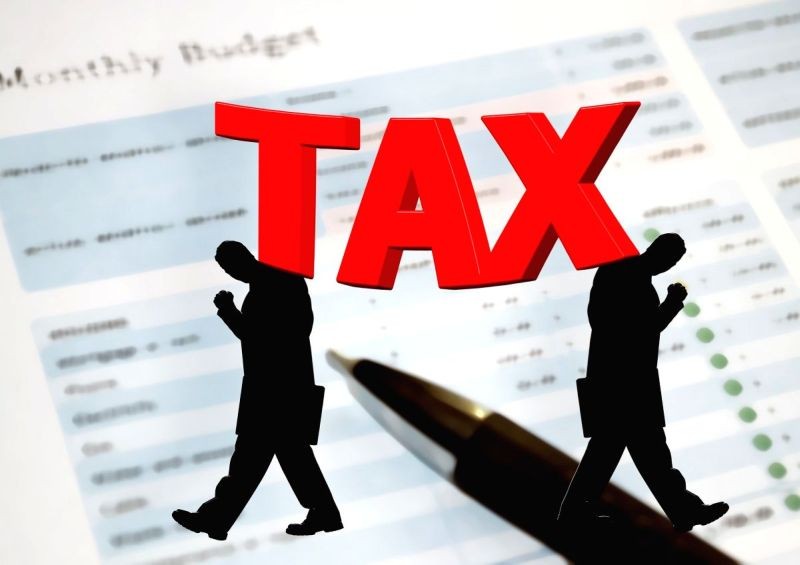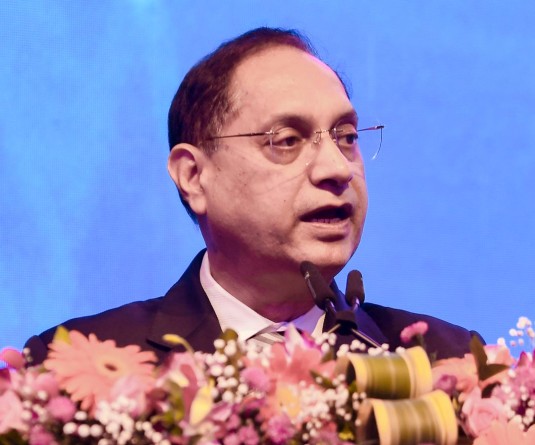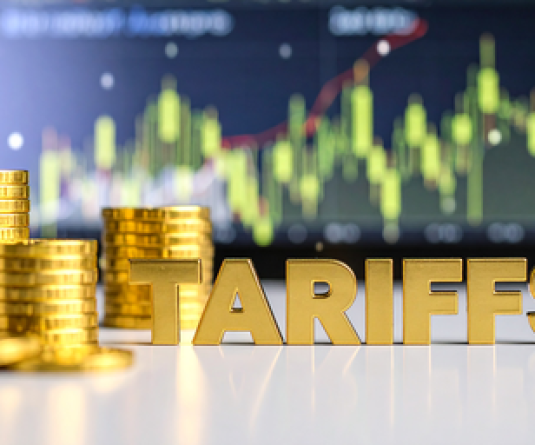IANS File Photo

NEW DELHI, AUGUST 27 (IANS): With Covid-19 disruptions making it difficult for the Centre to meet its obligation on Goods and Services Tax (GST) compensation to states this year, it has proposed two options to them to cover the compensation gap and meet their expenditure requirements.
States have been given seven days time to come with their views on the options listed by the Centre, during the 41st GST Council meeting on Thursday, so that a mechanism could be put in place as an exception this year. The council will meet early next year to decide on the future course of action.
The first option given by the Centre is to provide a special borrowing window to states, in consultation with the RBI, and provide Rs 97,000 crore at a "reasonable" interest rate. The debt, along with accrued interest, can then be repaid to the states after five years from collection of cess.
Finance Minister Nirmala Sitharaman said that the Centre will give a further relaxation of 0.5 per cent in states' borrowing limit under the FRBM Act as the second leg of the first option. This will allow states to borrow more unconditionally to cover their earning shortfall on accounts of GST and Covid-19.
States can choose to borrow more, beyond the expected compensation itself, since that is the injury caused by the pandemic.
The second option is to meet the entire GST compensation gap, estimated at Rs 2.35 lakh crore, this year itself through borrowings after consulting the RBI. The borrowing window, through the RBI, will allow states to borrow at uniform rates linked to government bonds.
Sitharaman said that states have the option to borrow less or more depending on the need. As the actual payment of this year's compensation by Centre would flow only after the 5 year transition period of cess ends in June 2022, low borrowings will put lesser pressure on states' finances.
As per Finance Ministry estimates, the GST compensation gap in FY21 is expected to be staggering Rs 2.35 lakh crore. This is as the Centre expects to collect mere Rs 65,000 crore from GST cess due to Covid-impacted, subdued economic activity.
Sitharaman informed that state Finance Secretaries have been asked to send suggestions in a note and had sought time of seven days. This arrangement, if it is implemented, will be for the current year and the Council will again look at the situation in April 2021, the Finance Minister said.
If a state goes for the first option, it will borrow less, but its compensation entitlement will be protected, Sitharaman said. She noted that the choice is between borrowing less and getting the cess later or borrow more and pay for it using cess collected during the transition period.
Finance Secretary Ajay Bhushan Pandey said that the current year has seen a slowing down of the economy due to Covid-19 which has led to low GST collections. He said that due to unprecedented situation presented by Covid, the compensation cess requirement of states for the two bi-monthly period of April-May and June-July has shot up to Rs 1.5 lakh crore.
The Centre compensates states for revenue loss on account of GST collection shortfall every two months under the GST law. The compensation is calculated on the basis of gap in GST collection over 14 per cent projected growth in revenue from base year 2017-18. But since the second half of last year, compensation payment to states have been delayed, resulting in sharp reactions from states, particularly those run by opposition parties.
Pandey noted that the Attorney General is of the view that compensation needs to be paid to states for five years, but this compensation gap has to be met from the levy of cess. Compensation cannot be paid from Consolidated Fund of India, he added, indicating that cess may be continued beyond June 2022 so that states' share is completely paid off.
Under GST law, the cess is for a period of five years when compensation is also paid to states for shortfall. This started in July 2017 and will continue till June 2022.
The Centre has basically put the shortfall into two baskets, one due to transition to GST and the second due to the impact of coronavirus, said Rajat Bose, Partner, Shardul Amarchand Mangaldas & Co.
"What is interesting is that it appears that the Centre was trying to convey to states that its obligations under the GST compensation legislation is to make good the loss only to the extent arising out of transition to GST and not due to the pandemic. Though this was not said in so many words," he said.
That is the reason, Bose feels the Centre has put the onus on the states to borrow funds.
N. Mathivanan, Principal Partner, Lakshmikumaran & Sridharan Attorneys hoped that an early conclusion on the issue of compensation can be reached so that the other areas which directly affect taxpayers can be taken up by the GST Council at the earliest.
Harpreet Singh, Partner for Indirect Tax with KPMG in India, said: "These are challenging times, and both Centre and states would once again need to evince cooperative federalism, to find a workable solution, which takes care of interests of both parties."






